Prompt 4: Where's the Joy?

The Outrage Trap
Have you ever been sucked into a frenzy of outrage online?
A few weeks ago, I was quietly minding my business and watching a news and current affairs program on a Tuesday night when a story grabbed my attention.
I won't detail the story (for fear of generating outrage), but I'm sure you're familiar with the scenario.
It started with the comments by one of our federal politicians. The words spoken were pretty innocuous, but they raised eyebrows when taken out of context.
The 'story' wasn't designed to raise eyebrows. It was crafted to generate outrage.

The 'reporter' used a common tactic to go onto Twitter featuring how 'wackos' on the extremes had reacted to the comments.
None of the Tweets featured was thoughtful or constructive - only those who vehemently (and angrily) defended or opposed the politician were used in the story.
The result was more outraged viewers of the 'news' show, who of course, went to social media to react. The topic was already 'trending', and it was easy to find those on the other side of the 'debate'.
Sadly, I was also sucked in and what had been a quiet relaxing evening turned into an evening of outrage, cynicism, frustration and anger.
Outrage ruled the evening!

Later that night, as I lay in bed - seething with rage (and also wondering why I couldn't go to sleep) - I, realised that I'd been played (again).
The TV producers knew what they were doing. Outrage fuels viewership.
The social networks knew what they were doing too. Outrage fuels their algorithms and the resulting 'engagement'.
Outrage had fueled me in a way that night too. It fired me right up - but not in a good way.
After a restless night's sleep, I was no better off for my outrage. I had an 'outrage hangover'. I was grumpy, tired and had a headache.

I sheepishly went back online to delete my offending Tweets, ashamed that I'd allowed myself to be sucked into the sorry affair.
While I was there, I looked around at others who'd been outraged the night before.
It seemed no one else was better off for the outrage either.
None of us had listened.
None of us had changed our minds.
The world was no better off for all of our outrage.

Many seemed to be already onto their next fight - outraged again about something else.
It struck me that outrage is intoxicating - and perhaps even addictive.
I decided to tap out and gave myself a 72-hour ban from social media.
Wasn't this a Prompt about Joy?
Sorry - I got distracted, but we'll get to the point now. And I'll lay off the GIFS.

Late in February 2020, I was in LA at a seminar with author Rob Bell. He said a lot of great things that day, but one comment that I still remember was this:
Here's what I wrote in my notebook under the quote.
Outrage, Fear and Cynicism fuel so much in our world - from media to politics, in marketing and even in the conversations we have day-to-day.
While these things can be harnessed for good, living long-term in a state of outrage, fear or cynicism is no way to fuel a healthy life.
Joy is a much better fuel.
Joy is Making a Comeback
If you search for 'joy' in Google's Books Ngram Viewer (a tool that shows you how often a word or phrase has appeared in books over the years), you'll see that joy is making a comeback.
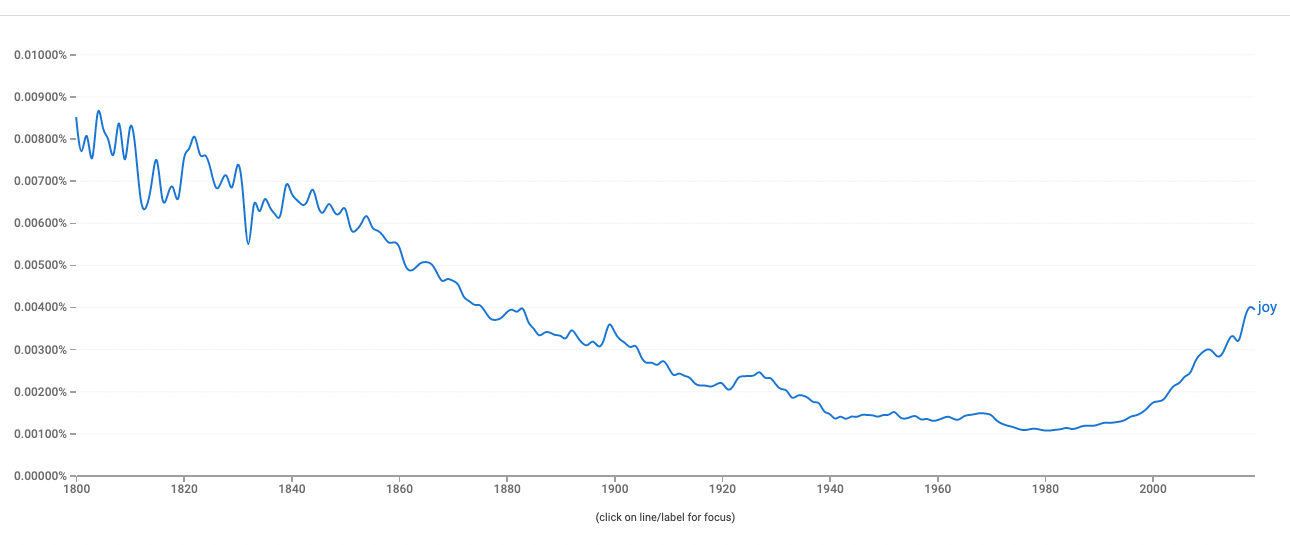
In the 1800s joy was a commonly used word, but over the last couple of centuries, it has been used less and less. However, it is making a comeback and has been used more regularly in books since the turn of the century.
I'm sure many factors are at play that might explain joy's decline and comeback, but for some reason, it's something that people seem to be feeling compelled to write and read about.
Joy vs Happiness [Joy is Non-Binary]
Much has been written comparing joy with happiness.
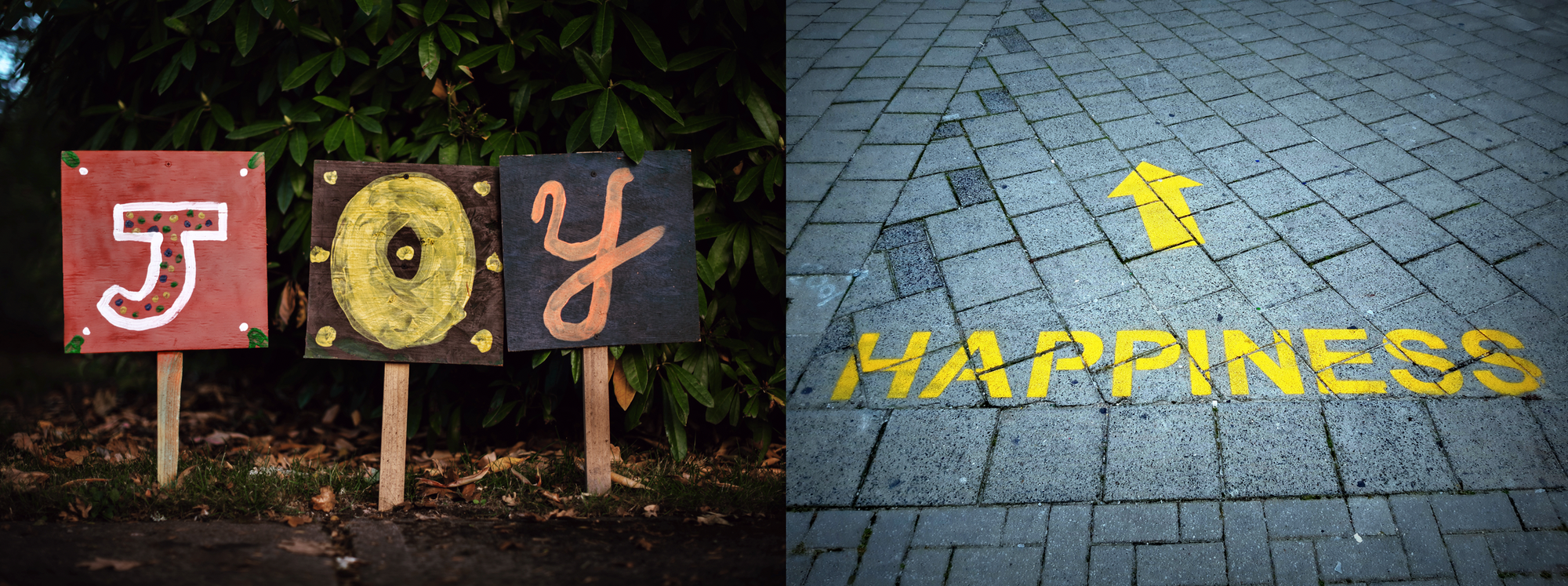
I've read numerous articles on that topic while researching this week's prompt (I promise I was not procrastinating... much), and it seems everyone has their thoughts on how the two concepts differ.
I came across a video by Rob Bell this week (which I'll embed below) which resonated with me and put into words the way I see it.
In it, Rob concludes that 'happiness' exists in a binary relationship with 'sadness'.
i.e., you're either happy or sad.
He shares that Joy is different - it's non-binary:
"Joy can wrap its arms around the full spectrum of the human experience."
Rather than sitting in a binary relationship with another emotion:
"Joy has plenty of room for anger, loss, betrayal, heartache, depression, despair."
Rob's presentation puts forward that Joy is a different way to view or frame life.
Rather than pursuing happiness by ignoring, avoiding or repressing our sadness, he suggests that it's the leaning into the heavy parts of life that heightens the experiences of joy in our lives every day - waiting to be spotted amidst both the ups and downs of life.
Perhaps this explains that moment when in the midst of a dark day of depression, you feel a spark of gratitude for the gentle way your dog nuzzles up next to you.
I'm sure you've also experienced moments of joy in unexpected places (I'd love to hear them in our FB group if you'd like to share them).
Joy is, at times, bittersweet. Joy creeps up in unexpected moments and surprises us.
I've not done Rob's talk justice here - so if you have some spare time this week, you might wish to watch it yourself.
He is coming to it from a faith perspective, but I think it's very applicable whether you share that perspective or not.
Anyway: here's Rob's talk. I'd love to hear what you think.
Hidden towards the end of Rob's talk is another gem that I want to highlight as we move to this week's prompt.
Joy is like a Muscle - You can get better at it.
Practising spotting those moments of joy when 'life bursts forth' can be hard at first, but you can get good at this with practice and some gentle prompting.
If you do an image search on Google for the word 'joy', you mainly find pictures of people with arms outstretched on mountaintops.

Or pictures of people dancing in fields of sunflowers.

Or jumping in the air in beautiful locations.

They're beautiful pictures, but while we occasionally visit these places, most of us don't live there.
Most of us live in the suburbs. We spend our time doing some combination of working, doing chores, being stuck in traffic, spending time with family and friends, and parenting.
But joy is never pictured in these places - which is crazy because there are endless sparks of JOY locked in the mundanity of life around us.
We need to slow down and create some space in our days to see them.
“Let your joy be in your journey - not in some distant goal.” Tim Cook

Practice Spotting Joy
I've found setting aside a few minutes at the end of each day to review the day and spot those moments can be a great practice to get into the habit of doing.
I used to do this in bed at night - replaying the day in my mind. But I think some good things come from recording the moments in some way.
At times I've found value in doing this through a written journal. I'm not religious about journalling and find it serves me best when I commit to doing it for a defined period and purpose rather than doing it with the intent of it becoming a lifelong practice (which I inevitably feel guilty about stopping later).
Another exercise I've done from time to time is visual journalling through photography. Spending a period capturing moments of joy in life somehow seems to deepen that joy at the moment, but it's also great to have them to look back on.
For example - here's an image that never fails to make me giggle and reminds me of a day when I felt a spark of joy with one of my kids.

And another.
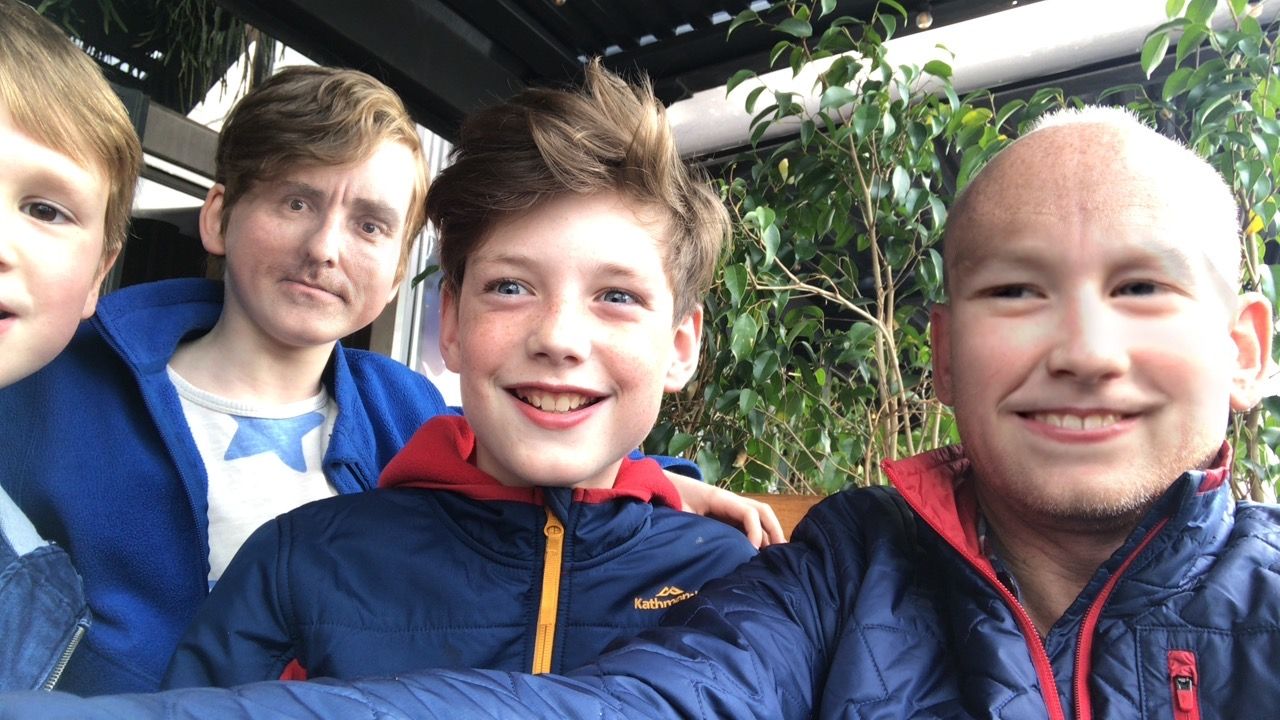
And this.
Prompt: Create a Joy Journal
The idea is simple. Each day this week, record the moments of joy you experience in life.
Remember - we're not just looking for the mountain-top experiences - but also the day-to-day sparks of joy.

- It might be experienced in a moment of creativity or work.
- It might make you giggle, gasp, smile, or feel gratitude.
- It could be the receiving or giving of a gift, kindness or act of service.
- It could be in a moment with another person or a quiet moment alone.
- It could be a fleeting moment of hope on a dark day or a moment of surprise.
- It might be that first sip of coffee in the morning or the taste of your favourite sweet treat to celebrate a good day of work.

If you're struggling to find moments of joy, you may find the writing of Sonja Lyubomirsky (a Professor in Psychology) helpful.
She has found three factors that seem to have the most significant influence on increasing happiness (although as I read it, I see these as places joy breaks out too).
- our ability to reframe our situation more positively
- our ability to experience gratitude
- our choice to be kind and generous
These resonate with me a lot but also remind me that we shouldn't just be passive with Joy. These things are choices that we make. We need to be intentional with Joy if we want to get better with it.
My hope this week in creating a Joy Journal is that it helps to choose Joy a little more.
There are many ways to create your joy journal

- You might like to write these moments down in a journal or note them on a document on your phone.
- You could take photos or videos.
- You might like to record some audio notes.
- You could do it with a friend in a phone call, over a coffee or via text message.
- Or maybe it's something to do as a family over dinner each night.
The method you choose doesn't matter - but getting into the habit of spotting and giving into these moments is a worthwhile exercise.
A PS for those in a Heavy Place
As I've written this week's prompt, I've been very aware that there have been times in my own journey when joy seemed to go missing and seemed impossible.
If you find yourself in that place - I see you. I feel you. I stand with you in it.

I don't have any answers other than to acknowledge where you are and to encourage you to hold onto the hope that there is a different place (a lighter one) on the other side of the dark place you find yourself in.
Perhaps something in the words of Persian poet Rumi for you.
It violently sweeps everything out of your house so that new joy can find space to enter.
It shakes the yellow leaves from the bough of your heart so that fresh, green leaves can grow in their place.
It pulls up the rotten roots so that new roots hidden beneath have room to grow.
Whatever sorrow shakes from your heart, far better things will take their place.”
Rumi
I'd be curious to see how you find this week's prompt and would love it if you'd take a moment this week to drop by the Find Your Spark Facebook Group to share how you go.
And remember - I'm sending one of these prompts via email each week - you can see the previous ones here and subscribe below to get them.

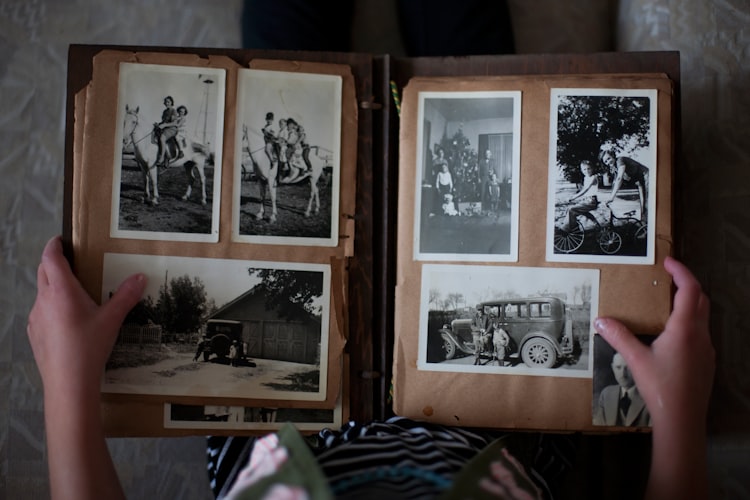



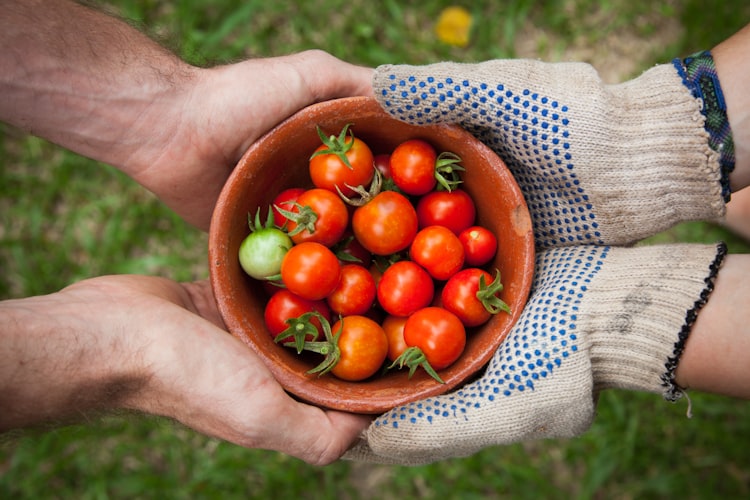
Member discussion